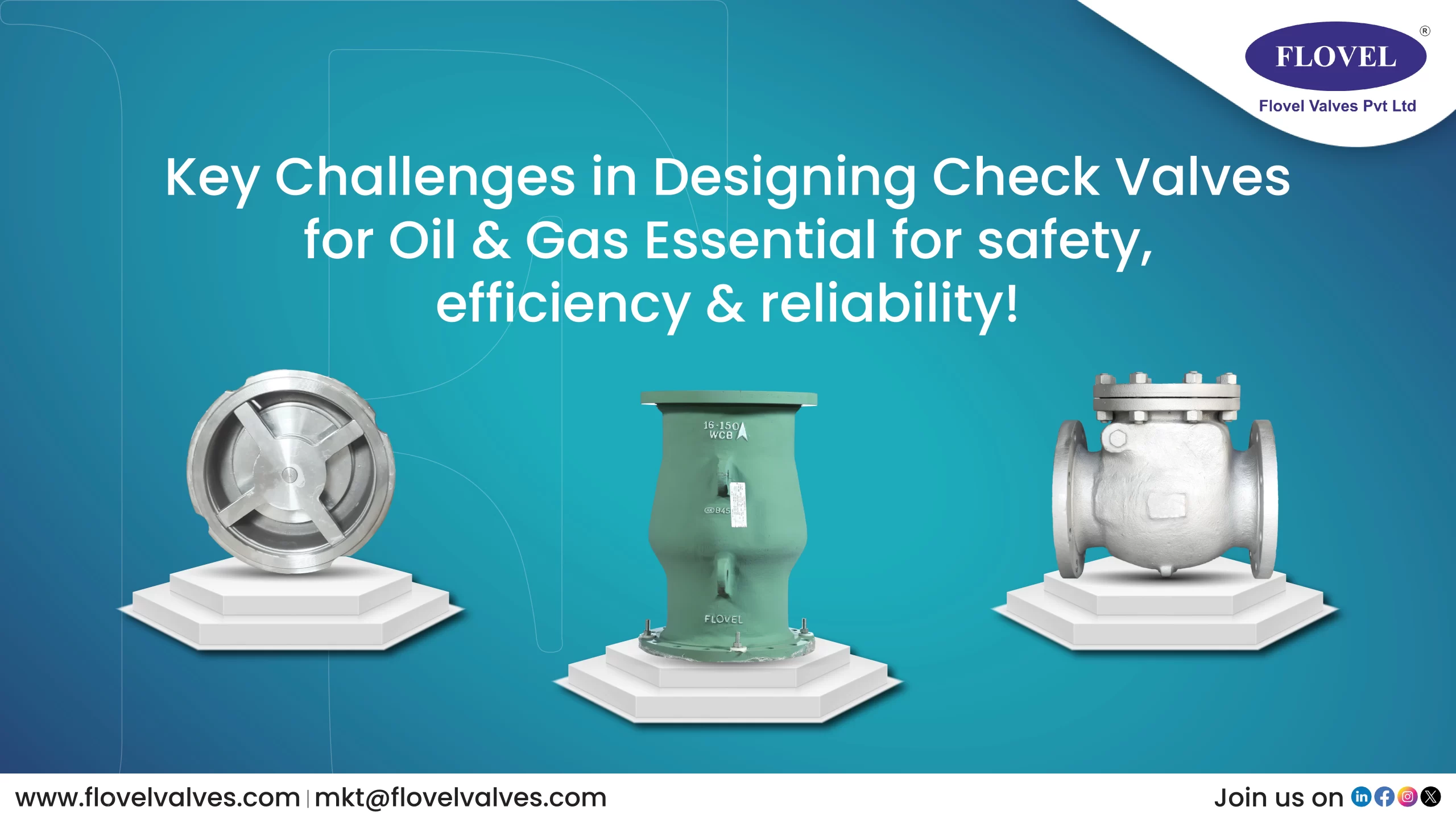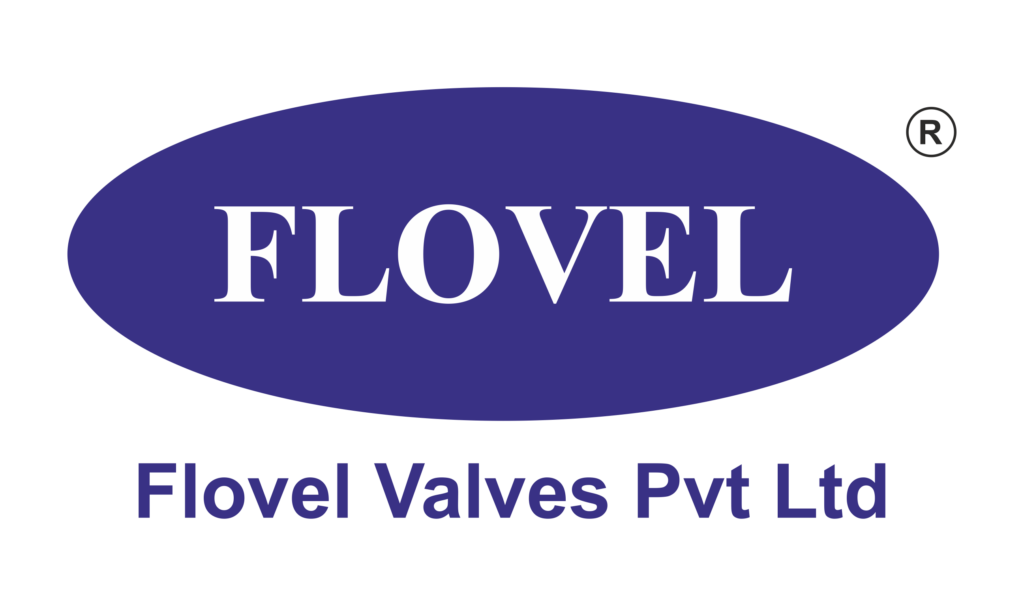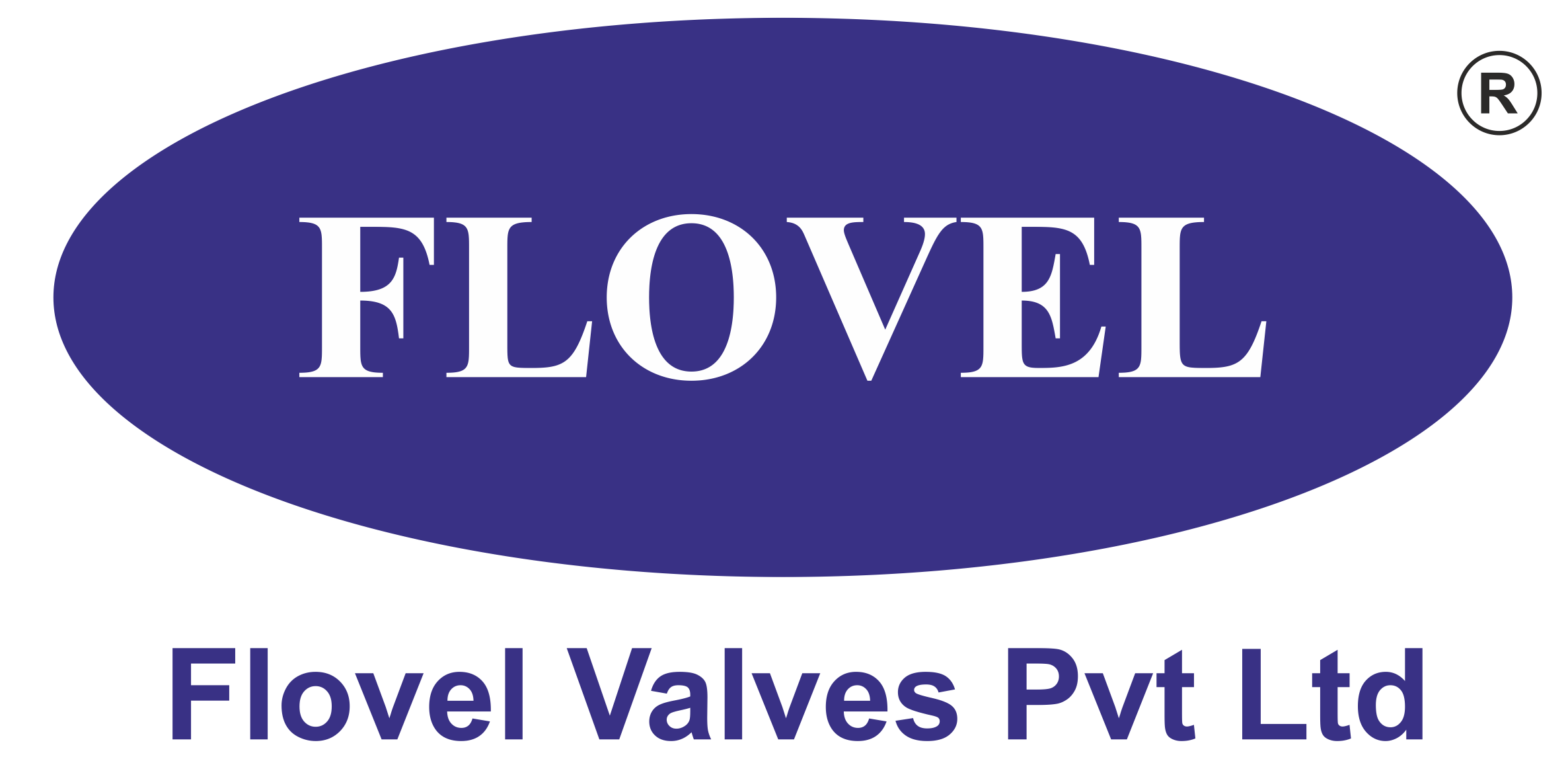
Key Challenges in Designing Check Valves for the Oil and Gas Industry
The oil and gas industry operates in some of the most demanding environments, where reliability, safety, and efficiency are paramount. Check valves, are also essential for preventing backflow in pipelines, play a crucial role in ensuring the smooth operation of these systems. However, designing check valves for this industry comes with unique challenges due to the harsh operating conditions and stringent performance requirements. This blog explores the key challenges faced in designing check valves for the oil and gas sector and how innovative solutions are addressing these issues.
- High-Pressure and High-Temperature Environments
Oil and gas pipelines often operate under extreme pressures and temperatures, particularly in upstream applications such as offshore drilling and deep-sea exploration. Check valves must:
- Withstand extreme pressures: Designs must account for pressure ratings exceeding 15,000 psi in some cases.
- Operate at high temperatures: Materials need to maintain integrity at temperatures exceeding 400°C (750°F).
Solution: Advanced materials such as duplex stainless steel, Inconel, and Hastelloy are commonly used to enhance durability and performance under these conditions.
- Corrosion and Erosion Resistance
Pipelines transport a variety of fluids, including crude oil, natural gas, and chemicals, which can be highly corrosive or abrasive. Seawater, sand, and other particulates exacerbate the risk of corrosion and erosion.
Solution: Coatings such as tungsten carbide and nickel-based alloys provide resistance to wear and corrosion, extending valve lifespans.
- Mitigating Water Hammer
Water hammer, caused by sudden changes in flow, can damage pipelines and connected equipment. In the oil and gas industry, this phenomenon poses significant risks, especially in long-distance pipelines and high-pressure systems.
Solution: Non-slam check valves, such as nozzle check valves, are designed to close quickly and smoothly, minimizing the risk of water hammer.
- Ensuring Tight Sealing
Leakage in oil and gas pipelines can also lead to environmental hazards, financial losses, and safety concerns. Achieving and maintaining a tight seal is critical for check valves.
Solution: Metal-to-metal sealing or elastomeric seals, depending on the application, ensure leak-tight performance. Also regular testing and certifications like API6D and ISO 5208 validate the sealing capability of valves.
- Handling Multiphase Flows
In upstream applications, fluids often consist of a mixture of oil, gas, water, and solids. Multiphase flows can also cause unpredictable pressure drops and affect valve performance.
Solution: Specialized valve designs with optimized flow paths and materials are tailored to handle multiphase flows efficiently.
- Compliance with Stringent Standards
The oil and gas industry is heavily regulate, with strict standards governing valve design, testing, and performance. Meeting certifications such as API6D, API594, and NACE MR0175 is mandatory for most applications.
Solution: Manufacturers invest in rigorous testing and quality assurance to ensure compliance with global standards, enhancing reliability and safety.
- Remote and Harsh Locations
Check valves must perform reliably in remote locations, such as offshore rigs or arctic pipelines, where maintenance opportunities are limited.
Solution: Maintenance-free designs and the use of durable materials minimize the need for interventions. Smart valves equipped with sensors enable remote monitoring to predict maintenance needs.
- Customization for Specific Applications
No two oil and gas projects are the same, and each application may require customized valve designs to address specific challenges.
Solution: Collaborative engineering processes between manufacturers and also end-users ensure bespoke solutions tailored to project requirements.
Flovel Valves: Meeting the Challenge
At Flovel Valves Pvt. Ltd., we understand the complexities of designing check valves for the oil and gas industry. Our portfolio includes:
- Dual Plate Check Valves: Lightweight, efficient, and durable for a range of applications.
- Non-Slam Nozzle Check Valves: Ideal for mitigating water hammer and ensuring smooth operations.
- Swing Type and Piston Lift Check Valves: Reliable options for high-pressure systems.
With certifications like API6D, API594, ISO 9001:2015, and approvals from global organizations, Flovel Valves is a trusted partner for oil and gas companies worldwide.
Conclusion
Designing check valves for the oil and gas industry is a complex task that requires balancing performance, durability, and compliance. By addressing challenges such as high pressures, corrosion, and water hammer, manufacturers are pushing the boundaries of innovation to deliver reliable solutions. At Flovel Valves, we are committed to engineering excellence, ensuring our valves meet the most demanding industry standards and applications.
For more information or to discuss your project requirements, contact Flovel Valves today.



